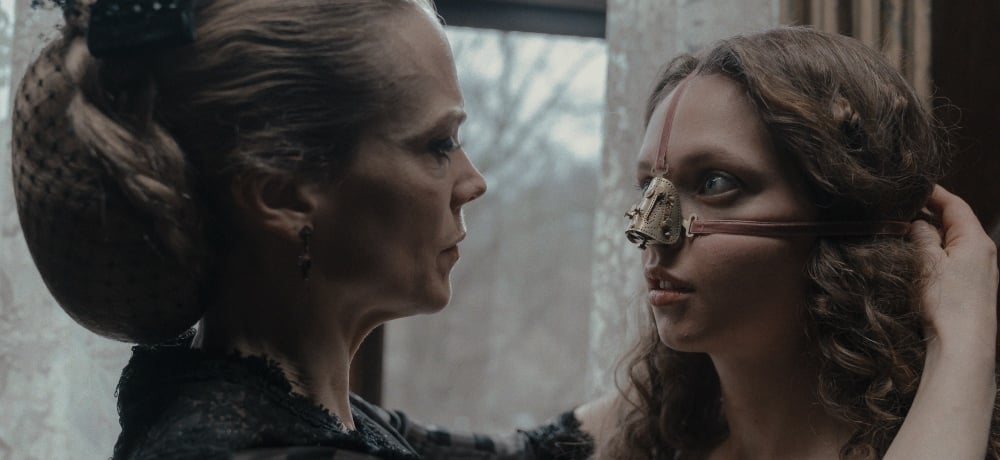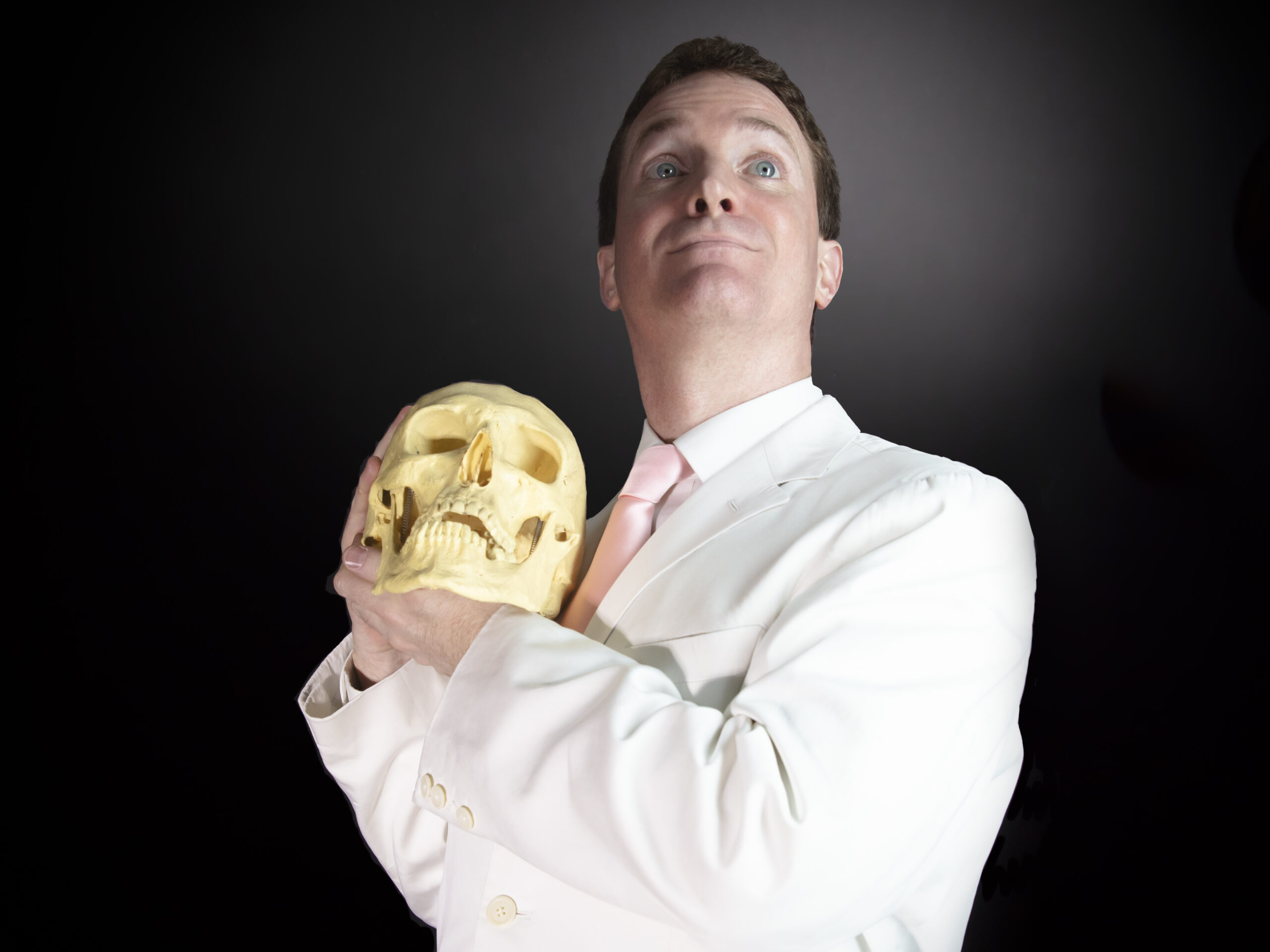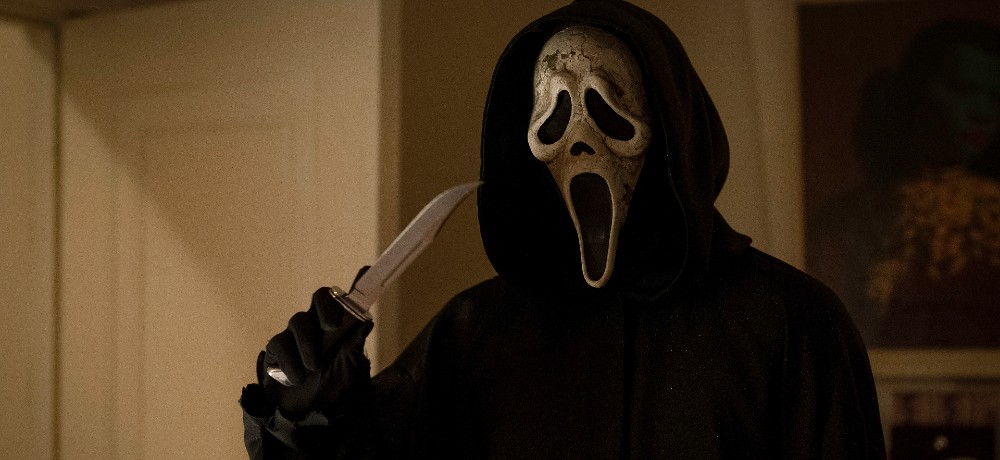It’s only day two at the Sundance Film Festival and we are already getting reports that one of their Midnight selections has made an audience member sick.
While Rhys Frake-Waterfield is trying to make his own fairy tale world to varying degrees of success, Emilie Blichfeldt has taken her own horror interpretation of a children’s story and made it her own. Her movie The Ugly Stepsister (an adaptation of Cinderella) reportedly made someone sick enough to spew in the theater aisle at Sundance.
The news was sent out by attendee Matt Neglia, owner and Editor-In-Chief of the website Next Best Picture:
Someone literally threw up in the aisle during the premiere screening of THE UGLY STEPSISTER at #Sundance. If that’s not a ringing endorsement, I don’t know what is. But I’ll just add, this sinister take on the classic Cinderella story is grotesque, beautiful, and twisted in its… pic.twitter.com/fRhAyJFQed
— Matt Neglia (@NextBestPicture) January 24, 2025
The festival is often the first time an independent filmmaker gets their movie in front of critical eyes. Some of those eyes are distribution studios who buy them and release them under their label. So you might have to wait to see if The Ugly Stepsister is as gruesome as Neglia says it is. For now, we will give you a little synopsis about the film straight from Sundance itself:
“In a fairy-tale kingdom where beauty is a brutal business, Elvira battles to compete with her incredibly beautiful stepsister, and she will go to any length to catch the prince’s eye.
A twisted retelling of Cinderella with gruesome fidelity to the Grimm-est rendition, The Ugly Stepsister shifts the focus to stepsister Elvira’s pursuit of beauty at all costs. But where fairy tale Cinderellas have silkworms, this one has tapeworms. For good measure, Norwegian filmmaker Emilie Blichfeldt throws in decomposing corpses, tongue-in-cheek body horror, and a 19th-century surgical makeover, creating a darkly funny, blithely grotesque debut feature. It shrewdly satirizes manufactured beauty and its industries, selling body image as the means to attain desirability, success, and social status. We can’t help but empathize with Elvira, who is insecure and drawn into her avaricious mother’s barbaric beautification scheme largely as a means to an end: acceptance and happiness (ever after). From nose to toe, the vessel of Elvira’s disturbing transformation is breakout talent Lea Myren, who gives a heroically committed performance.” — John Nein



![‘Dead Lover’ Is the Disruptive Kid Sibling of the Gothic Revival [Sundance Review] ‘Dead Lover’ Is the Disruptive Kid Sibling of the Gothic Revival [Sundance Review]](https://www.dreadcentral.com/wp-content/uploads/2025/01/DEAD-LOVER-STILL-1180x664.jpg)
























![‘The Damned’ Is a Ruthlessly Effective Chiller [Review] ‘The Damned’ Is a Ruthlessly Effective Chiller [Review]](http://wickedhorror.com/wp-content/uploads/2025/01/The_Damned_1.jpg)
